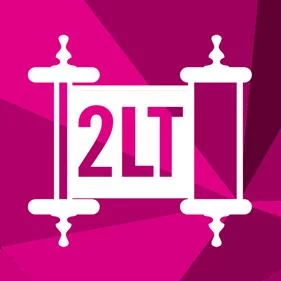Two-Line Torah: Matot-Masei 5777–Intentions

The double parasha Matot-Masei sees the Israelites preparing to enter Canaan, settling questions of tribal territory, and establishing certain laws, including laws about murder. What do we need to know about murder besides “thou shalt not? ”
God instructs the Israelites to establish six “cities of refuge” after they settle in Canaan. These cities serve as safe spaces for people who have killed, protecting them from those who might seek revenge until their trial. In the case of most killings, the punishment is that “the murderer must be put to death.” However, if it is found that the death was unintentional, the killer is considered a manslayer, not a murderer. Manslayers can live in the cities of refuge, safe from the threat of avengers.
So, how is this relevant to anything in our lives?
It highlights the importance of intention, kavanah. The person who intended to kill is a murderer, while the person who accidentally killed is a manslayer, and not sentenced to death. In the Torah, intention literally makes the difference between life and death. In our own lives, intention can mean the difference between living life and just going through the motions. When we settle into routines, and have work or school on our minds, it can be easy to go through our days without intention, just acting out the routine. However, when we start living with kavanah we become more aware of our surroundings and actions, and ultimately live fuller lives.
Aaron Schimmel is a member of the Lewis & Clark College class of 2018 and the Jewish experience intern for Hillel International.